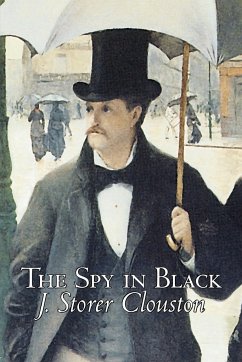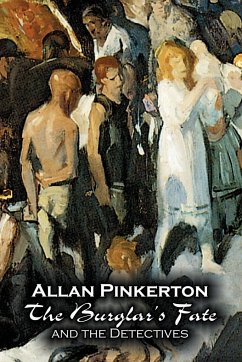
The Way of an Eagle by Ethel May Dell, Fiction, Action & Adventure, War & Military
Versandkostenfrei!
Versandfertig in 1-2 Wochen
18,99 €
inkl. MwSt.

PAYBACK Punkte
9 °P sammeln!
Muriel Roscoe is the daughter of the fort commander in India. Nick Ratcliffe is one of her father's subordinates who he has charged with taking care of Muriel. When they first meet, they dislike each other vehemently. But when the fort is in danger of being taken over, Nick and Muriel must put aside their differences in order to survive the harsh desert and reach the safety of a garrison town.














